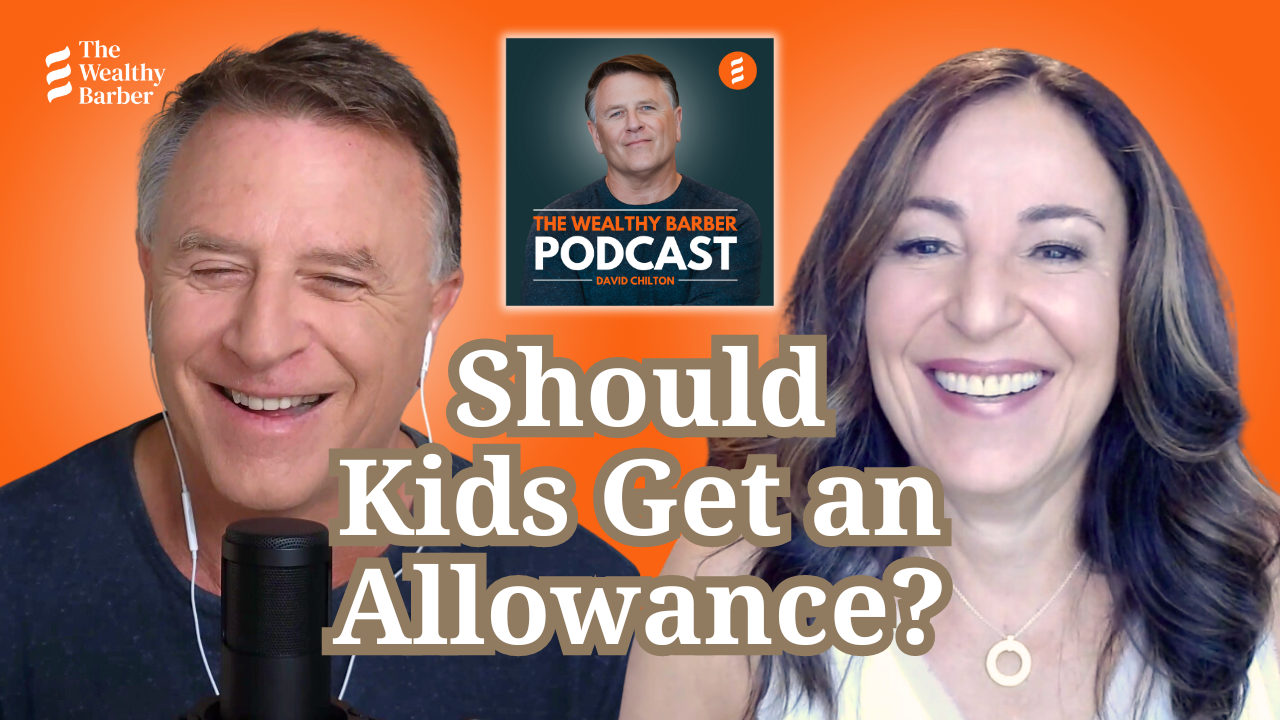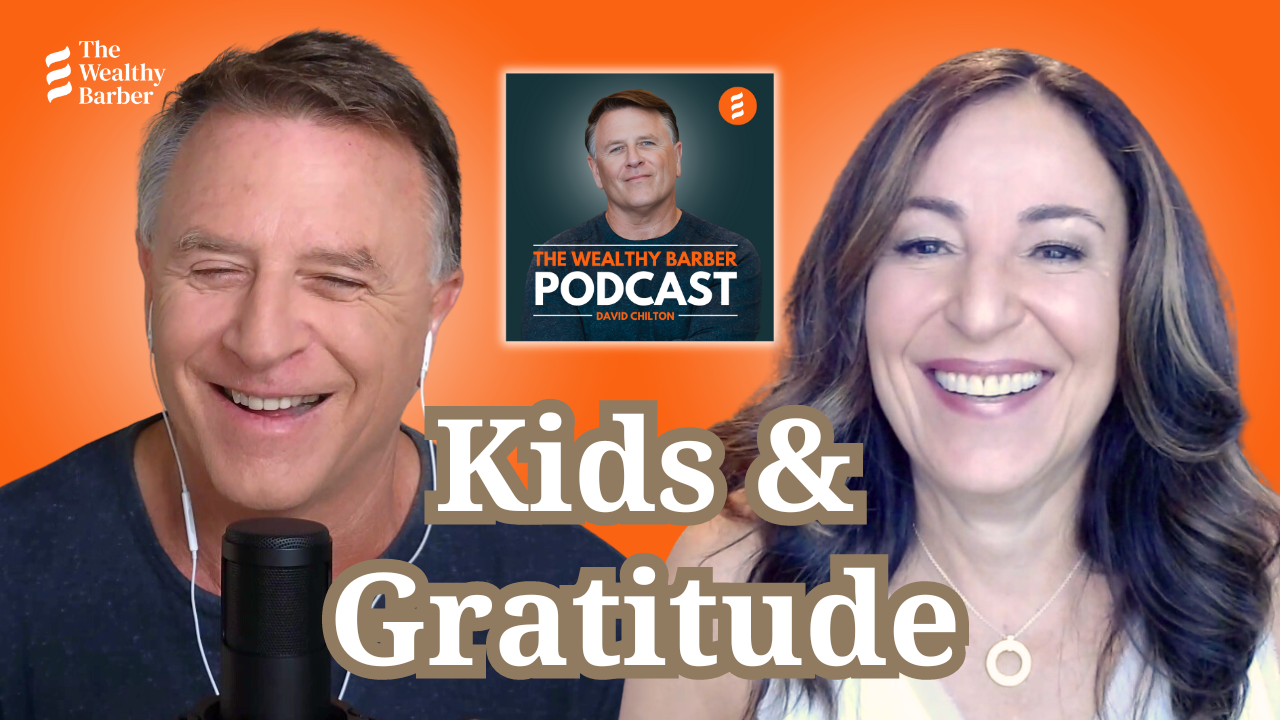The Most Important Money Lesson for Kids
A crucial money lesson for kids. Strike that, the crucial lesson.
💈💈💈
I want to go back to a subject I briefly covered in an earlier video. If you have kids under 18, or grandkids under 18, please watch this. Honestly, it’s an extremely important message. What is the key thing you can teach your kids about money? What’s the one thing they must not only understand but also truly internalize if they are to handle their money well as adults?
Well, if you know me, you probably think I’m going to answer that question with “spend less than you make” or “pay yourself first.” Hey, excellent responses. And of course, something I would say, hard to argue with. By the way, the second — pay yourself first — is really a method to help you achieve the first — spend less than you make.
But before people genuinely buy into those pieces of advice, before they prioritize to them and take action on them, (the key!) they must grasp one other basic teaching. A true first principle. And if you can get young kids to understand this, and it’s corollaries, half the battle is won. So, what is this incredibly deep observation that leads to wonderful things?
Not deep. At all. But crucial. Money is finite. Kids must, must get that. We trade our time, our skills, our expertise, for money. Then we trade some, most, of that money for goods and services. We can’t just hit the “Pay Me More Now” button to get a raise or more profit at our business. The amount of money we have is finite. At different levels for each of us, of course, but finite, nevertheless.
“Dave, this is obvious and so basic.” Stay with me. The earlier people grab a hold of this, the better. Why? Because it naturally leads to acceptance that all spending decisions involve trade-offs. Yes, as an adult, I can take the family to Florida this year, but I can’t also join the golf club. Yes, as a teenager, I can go to that expensive concert with my friends, but I can’t also buy the new coat I love.
This understanding that spending decisions have consequences, have opportunity costs, is key to good money management. I have friends who, frankly, still struggle with this basic truth. And their retirement accounts prove it. When people think this way, they naturally inject time between that quick hitting desire, “Oh, I want to buy that,” and the actual action of buying it.
They slow down. How valuable is that to spending less than you make? To living within your means? It’s hugely valuable. Use infusion with your kids — conversation, the continuous slow introduction of a solution — to show your kids the way here. Money is finite. Spending involves trade-offs. Money’s hard to come by. Think before trading it away.
Feel Confident About Your Finances
Sign up for our Weekly Round-Up of new videos and podcasts released over the past seven days. We won’t spam you or try to sell you a course—promise!



